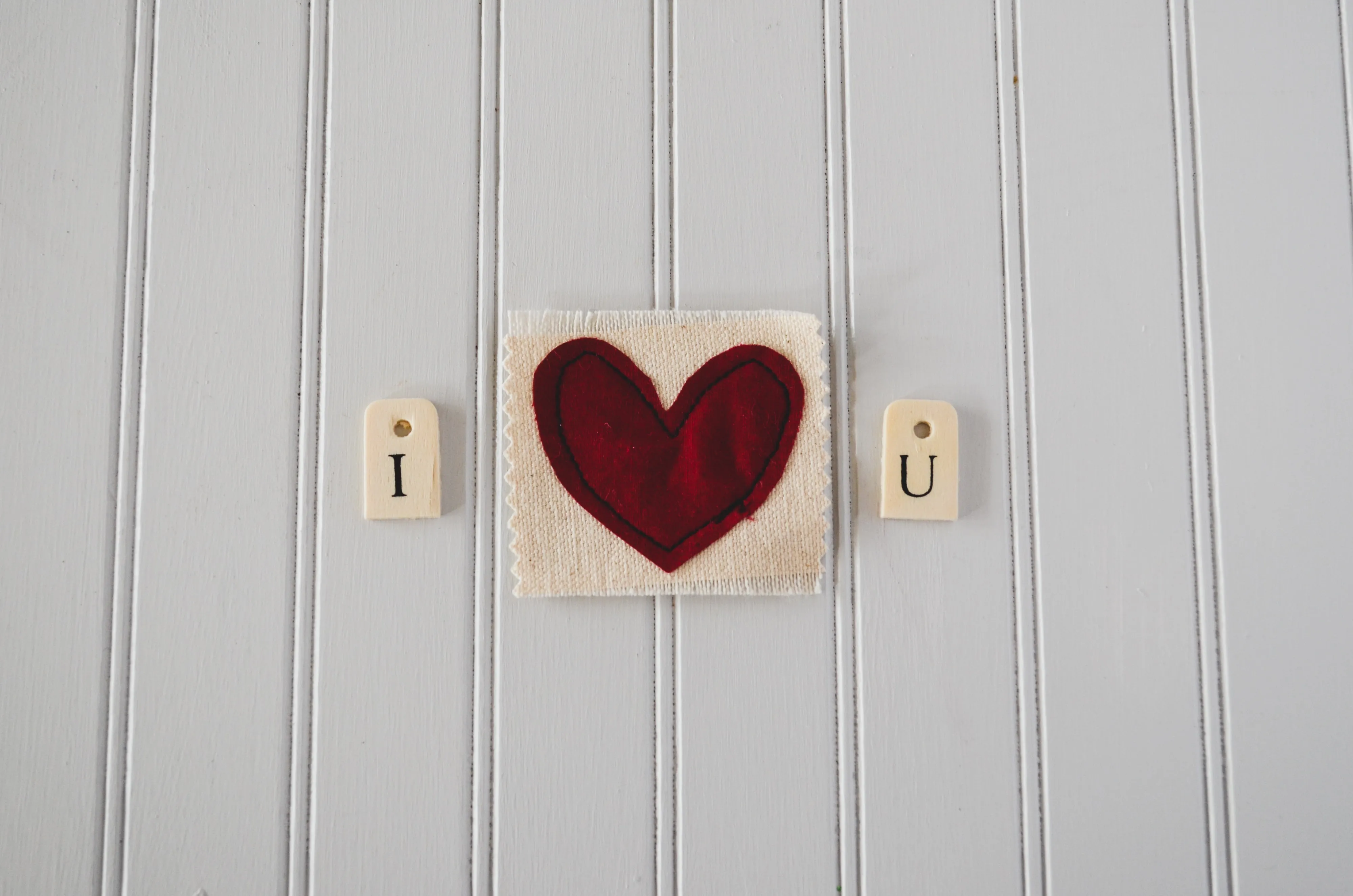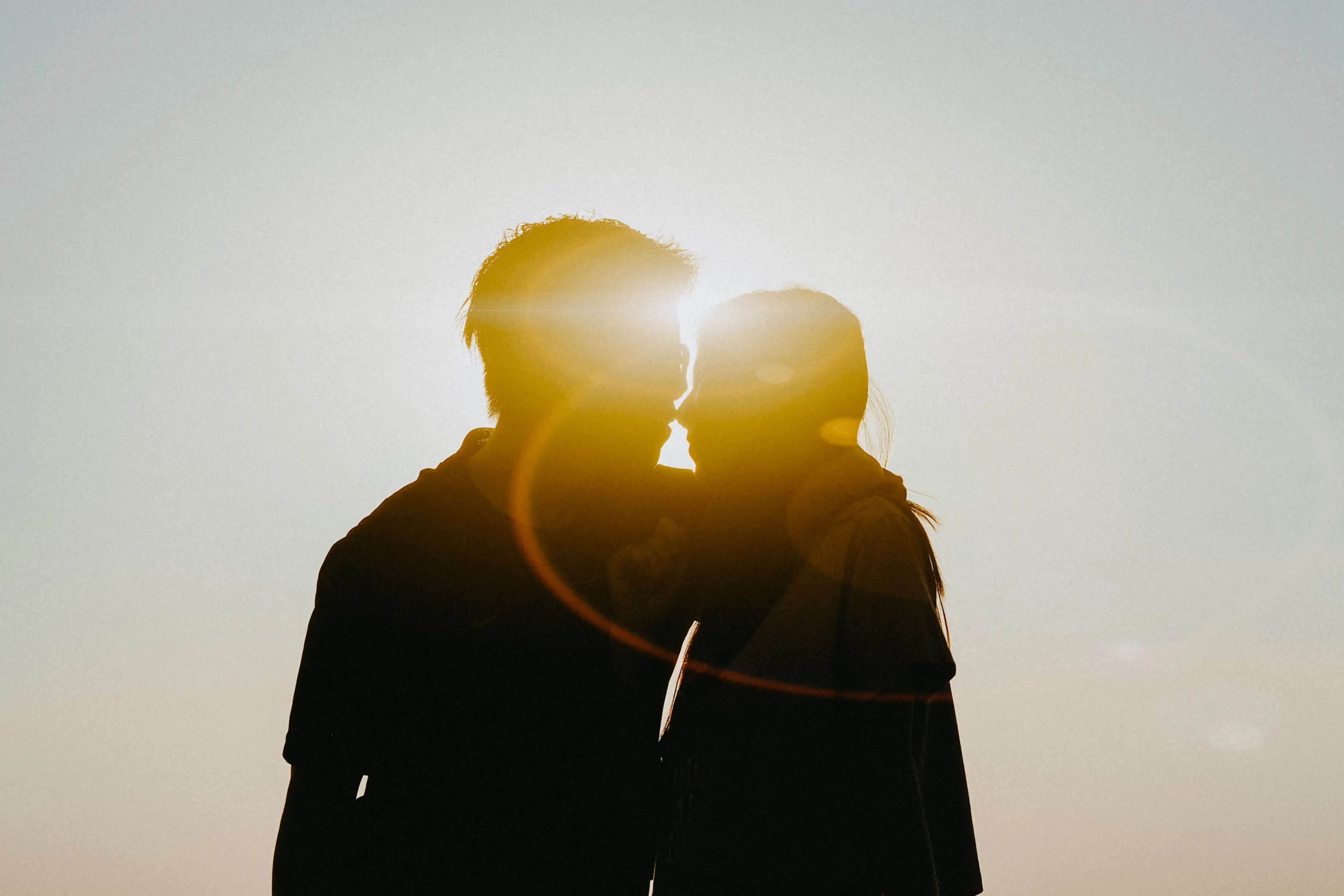Ever wonder why do I love someone who hurts me? It’s easy to get caught up in the thrill of a new relationship, but it can be hard to recognize when a relationship is no longer healthy. Unfortunately, unhealthy relationships do exist and can leave their victims feeling emotionally drained, empty, and even scared. This is especially true when you are deeply in love and cannot imagine life without your partner.
In this blog post, we will explore the signs of an unhealthy relationship and ways to make sense of it all. With the right help and support from friends and family, you can learn how to cope with an unhealthy relationship and ultimately break free from its hold.
Why Do I Love Someone Who Hurts Me?
There are a few reasons why you might find yourself in a relationship with someone who hurts you, even though you love them. Maybe you grew up in a household where violence was common, so it feels familiar to you. Perhaps you’ve been hurt so much in the past that you’ve become numb to it. Or maybe you just can’t help but be drawn to people who are a little bit dangerous.
Whatever the reason, it’s important to remember that you deserve better than to be hurt by someone you love. No one deserves to be mistreated, no matter what they’ve done in the past. If your partner is hurting you, it’s time to take a stand and tell them it’s not okay.
If they don’t listen or if they continue to hurt you, then it might be time to walk away from the relationship. It’s never easy to do, but sometimes it’s necessary for your own safety and well-being.

Why Am I So Attached to Someone Who Hurt Me?
There are several reasons someone might stay in an unhealthy relationship, even after being hurt. It could be because they’re afraid of being alone, they don’t want to face the reality of their situation, or they may believe that the person who hurt them is capable of change.
Whatever the reason, it’s important to remember that you deserve to be in a healthy, loving relationship where you feel safe, respected, and valued. If you’re finding it difficult to let go of someone who has hurt you, reach out to a trusted friend or family member for support.
Why Do I Keep Going Back to Someone Who Hurts Me?
There are many reasons why someone might stay in an unhealthy or abusive relationship. Maybe they grew up in a household where that was the norm, so it feels familiar to them. Maybe they’re afraid of being alone or don’t believe they deserve any better. Or maybe they’re just really invested in the relationship and keep hoping things will improve.
Whatever the reason, it’s important to remember that you’re not responsible for someone else’s happiness or well-being. You can’t change or fix someone else, no matter how much you care about them. If someone is repeatedly hurting you, it’s time to walk away for your own sake.

Why Do I Love Someone Who Doesn’t Love Me?
There are many reasons why someone might stay in a relationship even when it’s clear that the other person doesn’t love them back. Maybe they’re afraid of being rejected by someone else if they leave. Maybe they hope things will change or don’t want to be alone.
Whatever the reason, it’s important to remember that you deserve to be loved and respected by your partner. If you’re not getting those things, then the relationship isn’t healthy for you. It might be hard to let go, but it’s important to remember that you deserve better.
How To Stop Loving Someone Who Hurt You?
It can be difficult to stop loving someone who hurt you, especially if you have invested time and energy into the relationship. However, it is essential to remember that you deserve to be treated with respect and kindness. If your partner has repeatedly hurt you, it may be time to reassess the relationship.
There are a few things you can do to start moving on from a past relationship:
- Acknowledge your feelings: It is okay to feel sad, angry or confused after a breakup. Allow yourself time to grieve the loss of the relationship.
- Talk about what happened: Talking about your experiences can help you make sense of what happened and start healing. You may want to talk with a trusted friend or therapist about what you’re going through.
- Create boundaries: Once you have decided to move on, it is important to create boundaries with your ex-partner. This means setting limits on contact and communication. For example, you may decide not to talk or to text them for a while. Or, if you do need to communicate (e.g., for co-parenting), keep conversations brief and focused on logistics rather than emotions.
- Find ways to self-soothe: When you’re experiencing difficult emotions, it can be helpful to find healthy coping mechanisms that work for you. This might include exercises like yoga or running, journaling, or spending time with friends and family members.
- Practice self-care: Remember to take care of yourself by eating healthy, getting enough sleep, and engaging in activities that make you feel good.
By taking the time to process your feelings and build healthier habits, you can begin to move on from a past relationship and create a better future for yourself.
Recognizing The Signs of An Unhealthy Relationship
It can be difficult to tell whether a relationship is healthy or not. Sometimes, we can be in an unhealthy relationship without even realizing it. There are some key signs to look out for that may indicate that your relationship is not as healthy as it could be.
If you find yourself constantly arguing with your partner or feel like you’re always walking on eggshells around them, that’s a sign that something is wrong. If your partner constantly puts you down, makes you feel bad about yourself, or belittles your accomplishments, that’s another red flag.
If you don’t feel like you can be yourself around your partner, or if you feel like you have to hide parts of yourself from them, then that’s also not a good sign. If your partner is possessive or jealous, if they try to control what you do or whom you see, if they isolate you from your friends and family, then that’s definitely an unhealthy relationship.
If you’re in a relationship where you’re afraid of your partner, where you’re scared of their reaction to things, then that’s an incredibly unhealthy situation, and you need to get out of it as soon as possible.
These are just some of the signs to look out for in an unhealthy relationship. If any of these sound familiar to you, then it’s important to take a step back and reassess your relationship. Talk to a trusted friend or family member about what’s going on, and if necessary, consider seeking professional help.
Why Do We Stay in Unhealthy Relationships?
When it comes to unhealthy relationships, there are a lot of reasons why we stay. We may stay because we think this is the best we can do or because we’re afraid of being alone. We may stay because we’ve invested so much time and energy into the relationship that it feels like giving up to walk away.
However, staying in an unhealthy relationship is never going to lead to a happy, healthy life. If you’re in an unhealthy relationship, it’s important to understand why you’re staying and what you can do to change things.
One common reason people stay in unhealthy relationships is that they don’t want to be alone. They may have been hurt in the past and don’t want to go through that again. They may think that this is the best they can do and that they won’t find anyone else who will love them.
If you’re staying in an unhealthy relationship because you’re afraid of being alone, it’s important to work on building your own self-confidence. Spend time with friends and family who make you feel good about yourself. Pursue your own interests and hobbies. Remember that you are worthy of love and respect, even if your current partner doesn’t show you that.
Another common reason why people stay in unhealthy relationships is that they’ve invested so much time and energy into the relationship. They may have been together for years, or they may have built a life together. It can be hard to walk away from something like that, even if it’s not good for you.
If this is the case, try to focus on the future instead of the past. Remind yourself that leaving the relationship doesn’t mean all your hard work is wasted. It’s possible to take the lessons you’ve learned and apply them to a new, healthier relationship.
Finally, some people stay in unhealthy relationships because they don’t know how to leave. They may be afraid of making their partner angry or of getting hurt themselves. They may worry about what will happen if they do break up. It can help to talk to a counselor or trusted friend about these worries and come up with a plan for leaving safely and confidently.
No matter why you’re staying in an unhealthy relationship, it’s important to remember that you deserve better. Take steps toward building your independence and self-esteem so you can find a healthy, loving relationship in the future.
How To End an Unhealthy Relationship?
If you’re in an unhealthy relationship, it’s important to realize that you don’t have to stay in it. There are ways to end the cycle of abuse and move on to a healthier, happier life. It’s not always easy to leave an abusive relationship. Your abuser may try to control you with threats or violence. They may also try to make you feel guilty or ashamed, telling you that you deserve the abuse or that no one else will want you. There are ways to end the cycle of abuse and move on to a healthier, happier life.
But it is important to remember that you are not responsible for your abuser’s behavior—no one deserves to be mistreated, no matter what. You have a right to be safe and happy, and you deserve to be in a healthy, loving relationship.
Suppose you’re ready to leave an abusive relationship but don’t know how there are resources available to help you. Here are some steps you can take:
- Reach out to a support system: whether to friends, family, clergy, or a hotline like the National Domestic Violence Hotline (1-800-799-7233); talking about what’s going on can help you start making plans and getting support.
- Make a safety plan: if your abuser has threatened or harmed you in the past, it’s crucial to have a plan in place for when/if they try again. This might include having a packed bag ready with clothes and essentials, knowing where you can go for help (a friend’s house or a shelter), or having an emergency contact list of people who can help you.
- Seek legal help: if you are in danger, there may be legal options available to you, such as protective orders or restraining orders. Your local domestic violence organization can provide more information on how to go about this.
- Start rebuilding your life: once you have left the abusive relationship, it’s important to focus on taking care of yourself and rebuilding your sense of self-worth. This might include counseling, support groups, self-care activities, etc.— whatever helps you feel strong and empowered again.
It’s not easy to end an unhealthy relationship—but it is possible. With the right resources and support, you can get out of an abusive relationship and start living the life you deserve.
Conclusion
Unhealthy relationships can have a devastating impact on our emotional and physical well-being. We must take the time to reflect on these experiences, identify the warning signs of an unhealthy relationship, and seek advice and support from trusted individuals to ensure that future relationships are healthy. By doing so, we can learn how to protect ourselves against hurtful situations moving forward.
Frequently Asked Questions:
Why do I love the person who hurt me the most?
There are many reasons why someone might stay in an unhealthy or abusive relationship. Maybe they’ve been together for a long time and are afraid of being alone. Perhaps they’re financially dependent on their partner. Maybe they believe that their partner will change, and they think that they can help them through whatever issue is causing the problems in the relationship. Whatever the reason, it’s important to remember that you deserve to be in a healthy, loving relationship. No one deserves to be treated with anything less than respect, kindness, and love.
Why do we love someone who hurts us?
It’s not uncommon to find yourself in a situation where you’re head-over-heels in love with someone who regularly hurts you. There are many possible explanations for why we might stay in a hurtful relationship. Maybe we grew up in an environment where this kind of behavior was normalized. Maybe we’ve been told that love is supposed to hurt or that sacrifice is a necessary part of being in a relationship. Maybe we believe that we deserve to be treated this way or that we’re not worthy of anything better.
Why do I love someone who treats me so badly?
It’s important to remember that you are not responsible for your partner’s behavior. No one deserves to be treated badly, no matter what. If you’re in an unhealthy relationship, it’s okay to reach out for help. There are people who can support you and help you through this difficult time.
Why do I go back to someone who hurts me?
There are many reasons someone might return to a partner who hurts them. It could be because they genuinely care for the person and believe they can change or because they don’t want to be alone. Sometimes people stay in abusive relationships because they’re afraid of what will happen if they leave. It’s important to remember that you deserve to be in a safe and healthy relationship. If you’re feeling scared or trapped, reach out to a friend, family member, or domestic violence hotline for support.
